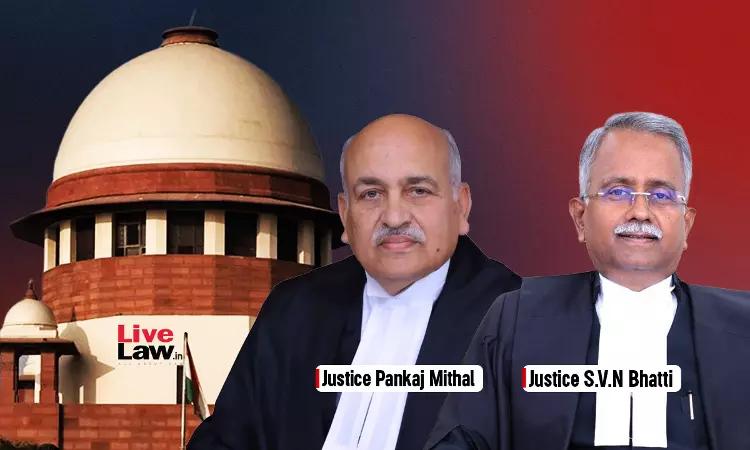If Primary Relief Is Time-Barred, Ancillary Reliefs Also Become Unenforceable : Supreme Court
Yash Mittal
16 April 2025 1:27 PM IST

Next Story
16 April 2025 1:27 PM IST
The Supreme Court observed that when the primary relief in the suit becomes time-barred then the ancillary relief claimed therein also becomes unenforceable. The bench comprising Justices Pankaj Mithal and SVN Bhatti heard the case where the primary relief in a plaintiff's suit seeking a declaration that his father's Will and Codicil was null and void was dismissed by the civil court...
